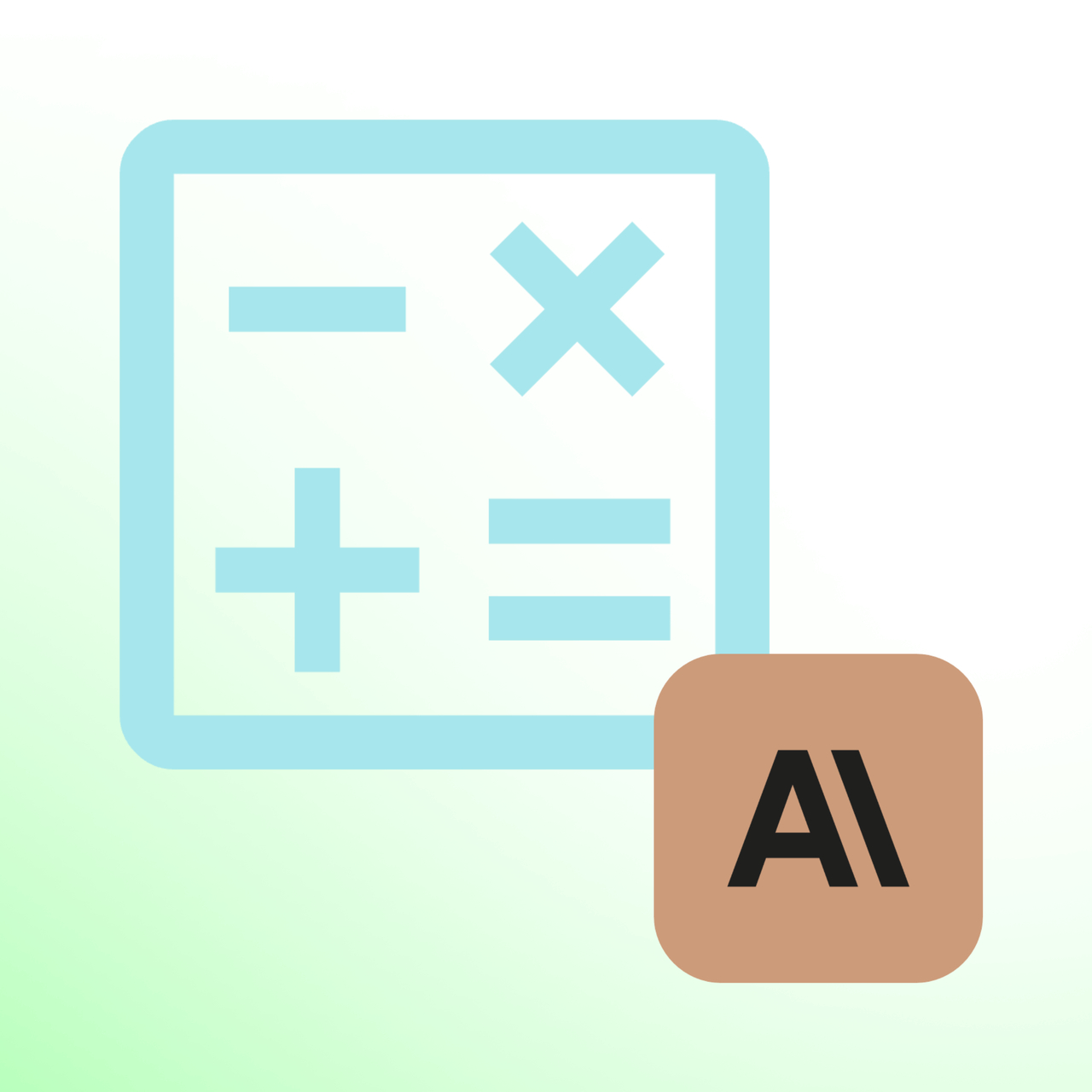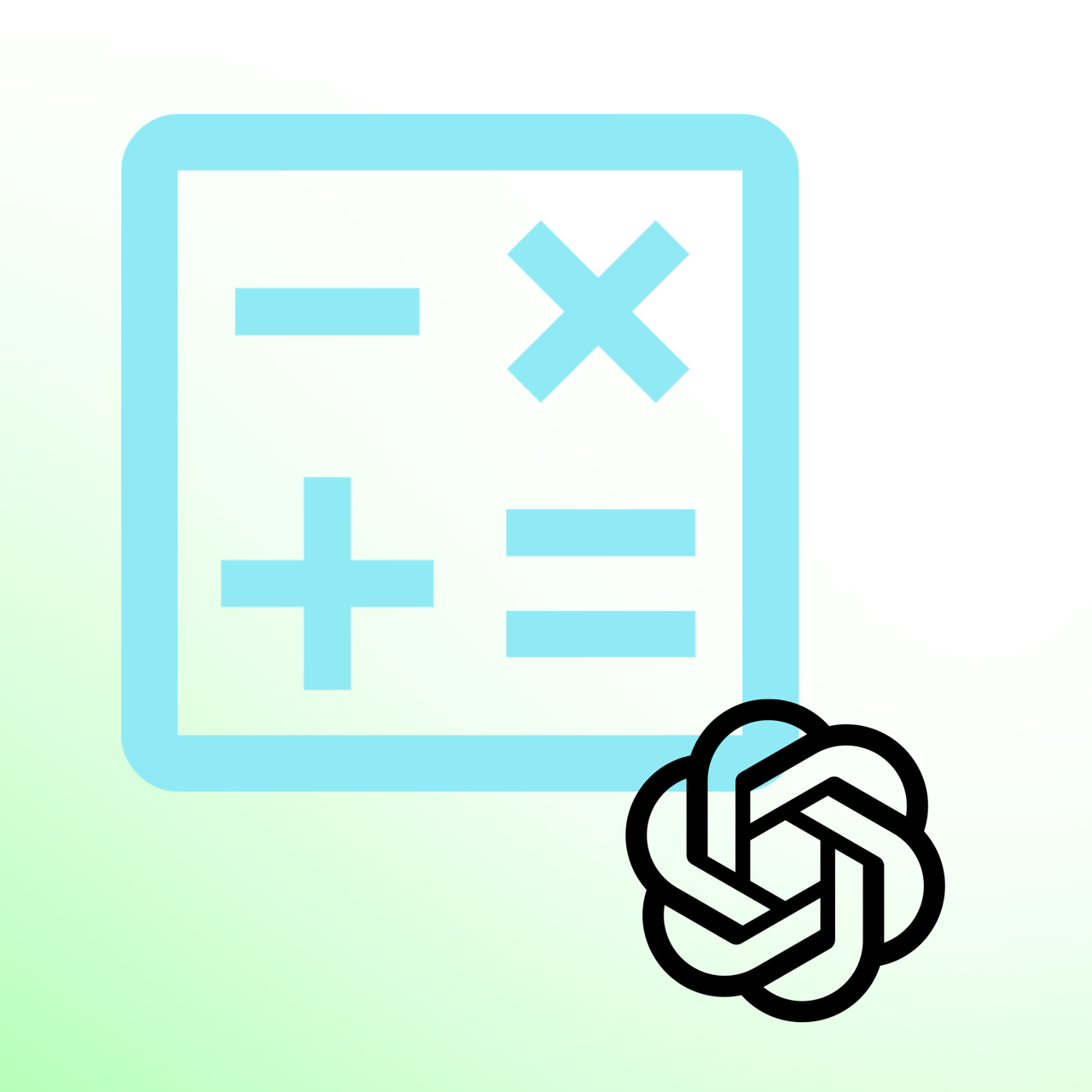.png)

Grok‑2 Pricing Calculator








How Much Does Grok‑2 Cost? - API Token Calculator
Grok-2 is xAI’s most advanced model yet, packed with sharper smarts, meme-savvy humor, and image-understanding capabilities. Sounds intriguing, doesn’t it? Well, it gets even better.
With our Grok-2 Pricing Calculator from LiveChatAI, you’ll instantly pinpoint exactly how much every single prompt will cost you, right down to the last cent.
In this guide, I'll walk you step-by-step through using the calculator, break down xAI’s latest official 2025 token pricing for Grok-2 and Grok-2 mini, and compare Grok-2 side-by-side with other popular models like Grok-3, GPT-4.1, GPT-4.1 nano, GPT-4o, and more.
Meet Grok‑2 (and Grok‑2 mini)
xAI built Grok‑2 to beat GPT‑4‑Turbo and Claude 3.5 Sonnet on the LMSYS leaderboard without breaking the bank. It’s the first generation of Grok specifically tuned for tool use and retrieval‑augmented reasoning—which matters if you’re piping X tweets, news wires, or in‑house databases straight into prompts.
Grok‑2 mini, its lean sibling, keeps ~90 % of the skill at a fraction of the price and latency, making it perfect for embedded chat widgets or bursty batch jobs.
Official Grok‑2 Token Pricing (April 2025)
xAI hasn’t published dedicated “text‑only” rates for Grok‑2 yet, so the industry uses the Grok‑2‑vision schedule as the reference:
¹Identical prompt strings auto‑qualify for the discount.
²Assumes 25 % cached input • 60 % fresh input • 15 % output.
How to Use the Grok‑2 Pricing Calculator
1. Choose your measurement. Tokens for precision, words for writers, characters for code snippets.

2. Enter three numbers.

- Input size (prompt length)
- Output size (expected reply)
- API calls (how many requests)
3. Read the instant breakdown.
- Cost by bucket (input vs. output)
- Total per request and total project spend
- Auto‑comparison with Grok‑2 mini, Grok‑3, GPT‑4.1, GPT‑4o, Claude 3, and Gemini Pro.
60‑Second Cost Scenario:
Use case: A social‑media monitoring tool batches 5 000 tweets every hour, asking Grok‑2 to label sentiment and flag potential brand crises. Average tweet: 25 words (~33 tokens). Each response is one label (~1 token).
- Measurement: Tokens
- Input: 5 000 × 33 = 165 k tokens
- Output: 5 000 × 1 = 5 k tokens
Switching to Grok‑2 mini (¼ price) drops the daily bill to ≈ $2.28.
Doing the same with GPT‑4.1 nano ($0.10 / M input • $0.40 / M output) costs $0.21—but you’d lose real‑time X retrieval.
Grok‑2 vs. Other Popular LLM Models
*Projected.
Key Takeaways
- Vision included at no extra input cost. Unlike GPT‑4o (image prompts billed separately after the first free tier), Grok‑2 charges the same $2 / M for text and images.
- Real‑time X retrieval makes Grok‑2 the de‑facto choice for social dashboards, meme explainers, and market sentiment tools.
- Pricing sweet spot: 20 % cheaper than GPT‑4o per input token and dramatically cheaper than Claude Opus output.
- Smaller memory, faster first token. If you don’t need 1 M tokens, Grok‑2 gives you speed plus vision for the same budget.
When to Choose (or Skip) Grok‑2
Choose Grok‑2 when you need…
- Live X context. Pull tweets, threads, or Spaces transcripts and watch Grok stitch them into answers.
- Vision + reasoning. MathVista 69 % tops GPT‑4o and Gemini Pro. Great for charts, screenshots, meme breakdowns.
- High coding accuracy. 88.4 % HumanEval edges GPT‑4‑Turbo; perfect for PR review bots.
- Balanced cost & performance. At $2 / M input, it undercuts GPT‑4.1 on small jobs but still beats GPT‑4o on benchmarks.
Skip Grok‑2 if you need…
- You need a 1 M‑token context window: Use GPT‑4.1 or Gemini Pro—Grok‑2 is capped at 32 k.
- You want the absolute lowest price on batch tagging: Go with GPT‑4.1 nano at $0.10 per million tokens (if you don’t need vision).
- You require fully exposed chain‑of‑thought: Pick o1, where every reasoning token is visible for easy auditing.
- You’re doing deep legal citation or document Q&A: Claude Opus shines with higher DocVQA scores and built‑in citation styles.
- You must run inference on device: Llama 3 is your choice—Grok‑2 only runs in xAI’s cloud.
Five Smart Ways to Shrink Your Grok‑2 Bill
- Pin the system prompt. A 2 000‑token brand style guide cached at $0.50 / M costs $0.001—basically free.
- Chunk images. One composite PNG beats six separate JPEGs; tokenize once, pay once.
- Pre‑filter with Grok‑2 mini. Let mini toss spam; escalate clean data to full Grok only when needed.
- Use image generation sparingly. At $0.07 each, four variants beat one over‑detailed prompt loop.
- Batch ETL after hours. Run 50 % cheaper in xAI’s Batch queue and bypass daytime rate limits.
Who Gets the Most from This Calculator?
- Social‑media teams gauging real‑time X analysis costs before a big campaign.
- Product owners adding vision‑enhanced support bots but watching COGS like hawks.
- Data engineers planning nightly sentiment sweeps over millions of posts.
- Educators & researchers crunching meme trends without grant‑shocking invoices.
- Start‑ups prototyping multimodal features while cash is precious.
Other Free Cost Tools by LiveChatAI
- GPT‑4.1 Pricing Calculator
- GPT‑4o Pricing Calculator
- Claude 3 Sonnet Pricing Calculator
- Gemini 2.5 Pro Pricing Calculator
- DeepSeek-R1 & V3 Pricing Calculators
Bookmark them, run what‑ifs, and never be surprised at month‑end.
Wrapping Up
Open the Grok‑2 Pricing Calculator, paste your prompt sizes, and let the numbers speak. Our tool updates within 24 h of any xAI price change—so you can quote budgets with confidence.
All prices and benchmarks pulled from xAI’s Grok‑2 Beta release and documentation.















































